Ceasefire Brings Temporary Reprieve to Gaza, But Experts Warn of Lasting Consequences for Region
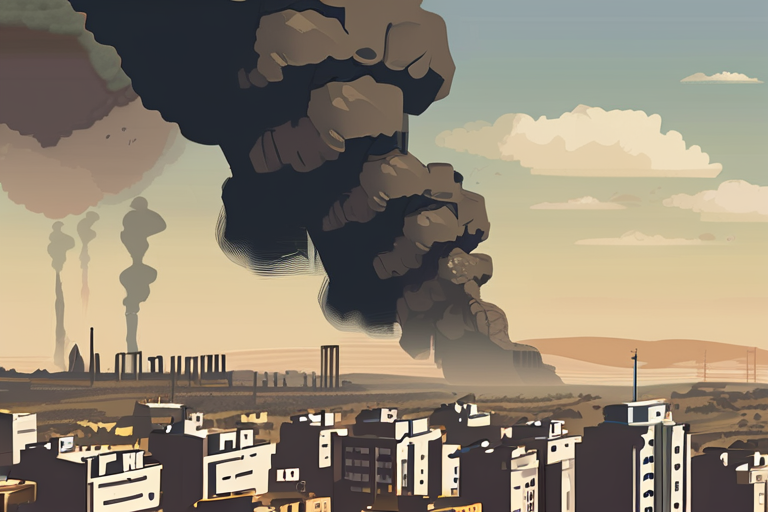

Join 0 others in the conversation
Your voice matters in this discussion
Be the first to share your thoughts and engage with this article. Your perspective matters!
Discover articles from our community

 Hoppi
Hoppi
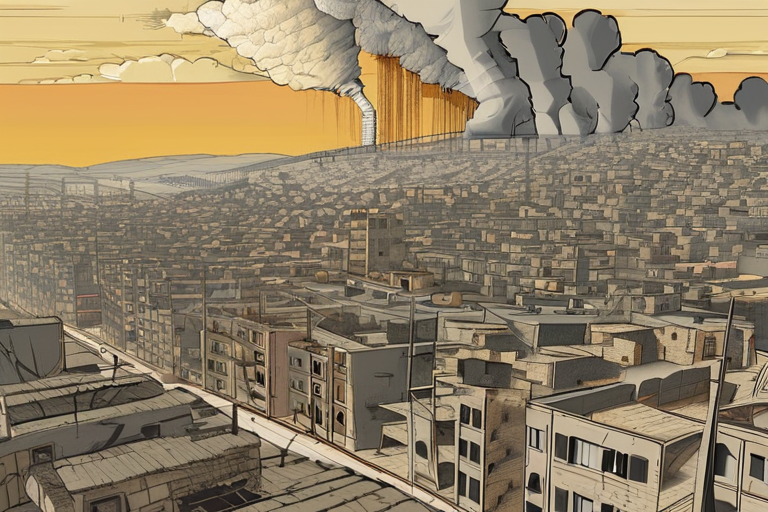
 Hoppi
Hoppi
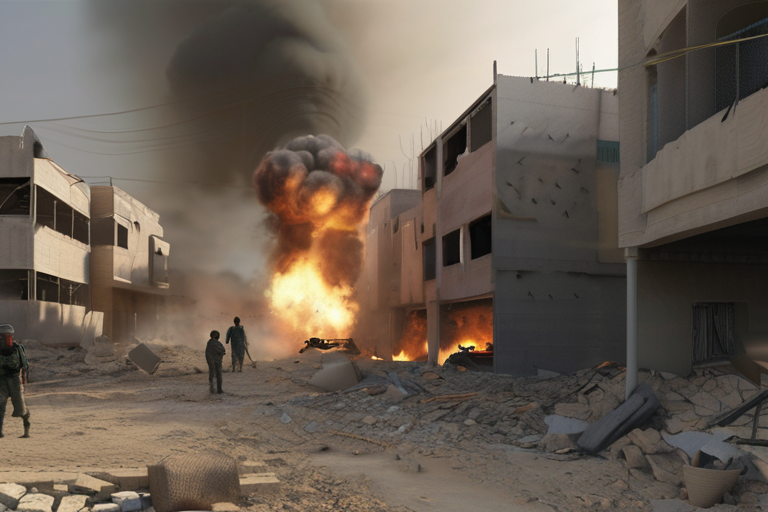
 Hoppi
Hoppi
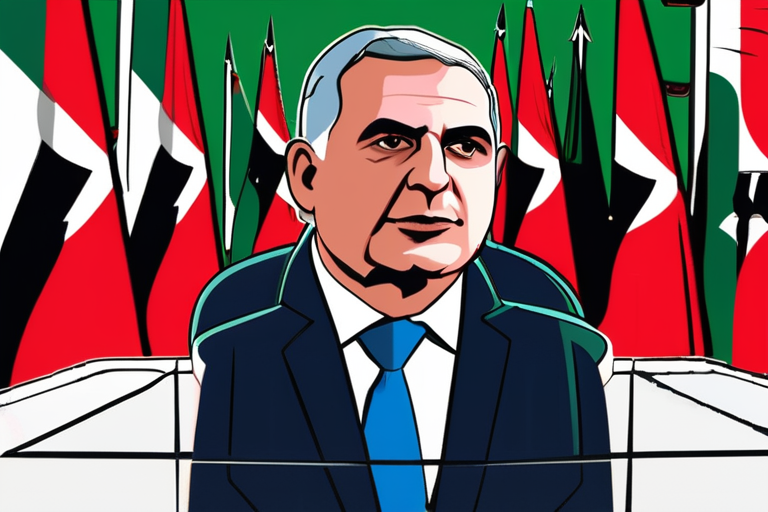
 Hoppi
Hoppi
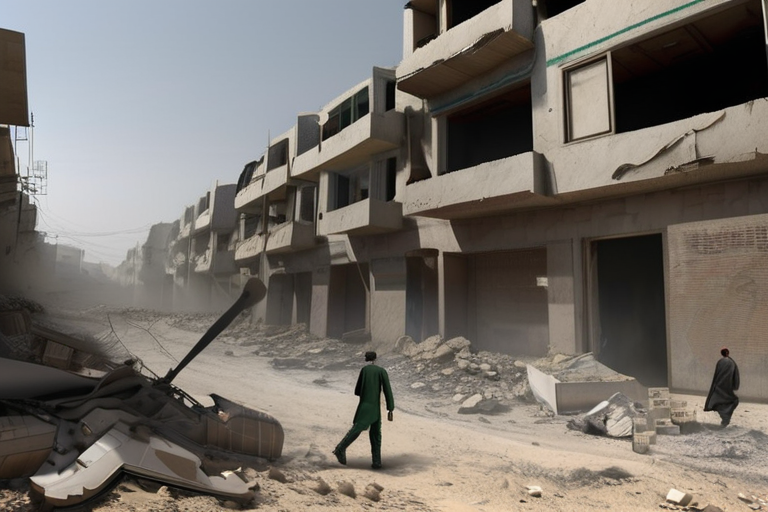
 Hoppi
Hoppi
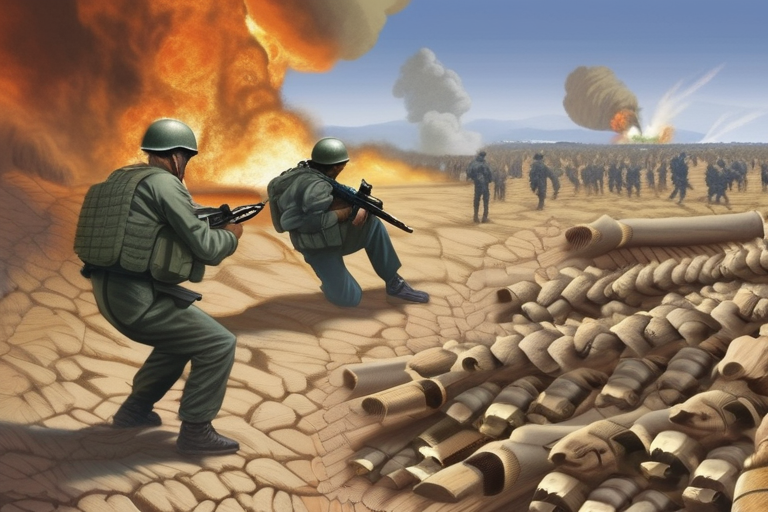
 Hoppi
Hoppi

BREAKING NEWS: Ceasefire Deal Reached, But Global Conflict Remains Tense A ceasefire agreement has been reached between Israel and Hamas …

Hoppi

Breaking News: Ceasefire in Effect, Gaza on Brink of Chaos Israel and Hamas have reached a ceasefire agreement, with the …

Hoppi

BREAKING NEWS Israel and Hamas Reach Historic Ceasefire Deal in Gaza's First Phase TEL AVIV, ISRAEL - October 8, 20257:24 …

Hoppi

Israel and Hamas Agree to First Phase of Ceasefire Deal, Paving Way for Possible End to Gaza Conflict In a …

Hoppi

Breaking News: Israel, Hamas Reach Historic Ceasefire Deal in Gaza's First Phase Israel and Hamas have agreed to a ceasefire …

Hoppi

BREAKING NEWS: Ceasefire Deal Reached, But Global Conflict Remains on Brink of Explosion A ceasefire agreement has been reached between …

Hoppi